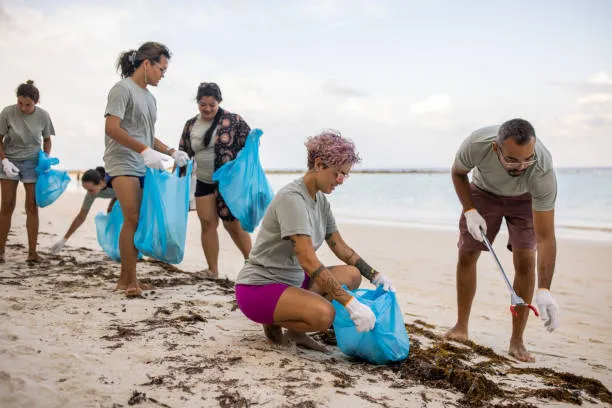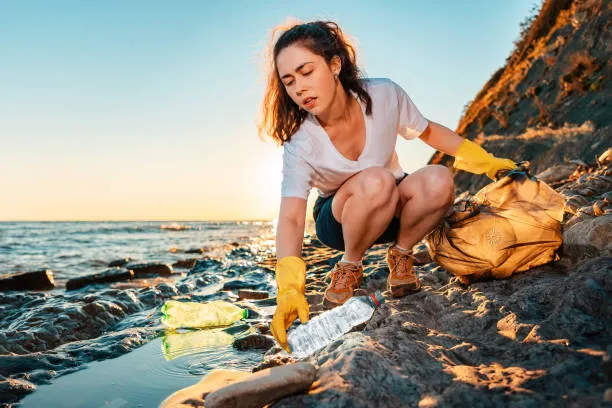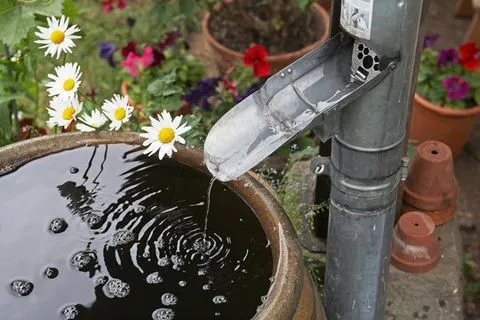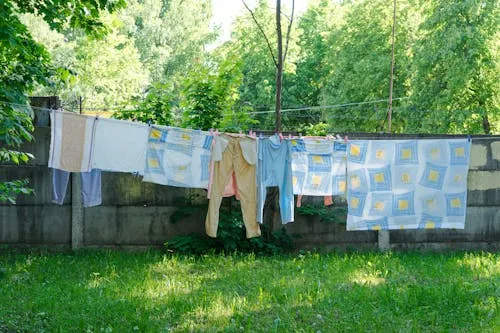11 ECO-FRIENDLY SUMMER LIVING TIPS
- Candia Lea Cole
- Jun 17, 2025
- 5 min read
Updated: Oct 5, 2025
To Brighten Your Season!
Summer is here, bringing long sunny days and outdoor fun. It’s also a perfect time to live lightly on the planet and nurture your well-being. Here are 11 eco-friendly summer living tips you can easily and joyfully add to your routine. Let’s make this summer healthy and kind to our bodies and the earth!
1) Shop at local farmers’ markets
Farmers’ markets serve many functions. Besides being a place for trade, they invite social gatherings that provide a relaxing and even entertaining place to shop and meet with friends. Supporting local farmers’ markets means fresher food and less packaging. It’s a win for your health, your community, and the environment. Plus, it is a great way to support small farmers while cutting down on pollution from
long-distance food transport. PS: Don’t forget to bring your reusable bag to the market!
2) Create eco-friendly picnics
Billions of single-use utensils, food containers, plastic water bottles, and napkins are thrown away each year. And on public picnic grounds, people often forget to bring a bag for trash, so they can leave the spot as beautiful as they found it. You can make your picnic extra special by skipping the single-use plastics. Bring along reusable plates, cups, and cutlery, and pack your food in beeswax wraps or glass containers.
3) Clean-up swimming beaches
Cigarette butts, plastic bottles, litter, sewage, and other pollutants do more than simply mar the beauty of the beach. They contribute to polluted zones and “sticky zones” (zones where garbage and oils collect) that close down coastal areas, destroy marine life, and make people seriously sick. Turn your beach day at the lake or ocean into a chance to care for nature. Spend a little time picking up litter along the shore. Every bottle, wrapper, or plastic bag you collect keeps marine life safer and our beaches cleaner for everyone. Do some research on the side to understand the different sources of beach debris!

4) Garden the “bee-friendly way” and halt the use of toxic weed killers
Bees are super important for our gardens; they help plants grow by pollinating them. But sadly, many weed killers like glyphosate can hurt them. These chemicals make it harder for bees to stay healthy and find their way around. So, in order to keep our tiny helpers safe, consider using natural gardening methods instead of harsh chemicals. Planting native flowers is also a great way to give bees food and a cozy home. Be aware: just as bees are harmed by glyphosate, so are humans! This toxic chemical has been shown in studies to disrupt the gut microbiome in humans and even promote several different types of cancer in rats.

5) Nourish Your Garden with Compost
What are you doing with the skins that you’ve peeled from the onions, carrots, cucumbers, and potatoes you eat, or the egg shells you’ve cracked open? Are they going into your garbage can, where they will add to the greenhouse gases that are warming the earth? Or, have you ventured to make a compost recipe from them? Your kitchen scraps, when blended with garden waste, provide your plants with the best natural fertilizer possible. Not only does composting cut down on landfill waste, it sequesters carbon in the soil.
6) Buy a Rain Barrel to capture and conserve water for gardens
Collecting rainwater in a rain barrel is smart, simple, and eco-friendly. You can use it to water your plants and lawn, reducing the demand for municipal water supplies and minimizing stormwater runoff, which can help protect the environment and ecosystems. In addition, rain barrel water is free of added chemicals (like chlorine and fluoride), so your garden will thank you. Since many of the barrels sold are often made from recycled materials, such as 100% recycled plastic, they respect the principle of sustainability.
7) Care for your lawn without toxic chemicals
While a well-manicured yard is attractive, it comes with a cost to human health and pet health. The good news? Caring for a lawn without toxic chemicals isn’t rocket science. One natural approach is to focus on creating a healthy soil ecosystem by using compost or compost tea, which adds beneficial microorganisms to the soil. Another approach is to apply organic grass clippings or corn gluten meal to your lawn, which nourishes it without synthetic chemicals. For weed control, manual removal and vinegar-based solutions can serve as alternatives to chemical herbicides. If you prefer a grass-free yard like I do, you can beautify your yard with plants and flowers from your local nursery. I designed our yard myself and saved thousands of dollars in landscaping fees!

8) Practice non-toxic sunbathing
Not all sunscreens are the same. Many of them tend to contain chemicals that are harmful to your skin and that mess with your endocrine system. (“Think hormone disruption!”) Choose mineral-based sunscreens with zinc oxide or titanium dioxide; it’s a simple switch that makes a big difference to your health. Sunscreens, whether they get washed off of your skin by a body of water or a hot shower, also pollute the environment. The impact of sunscreen on coral reefs has been a topic of growing concern, with studies showing that chemicals commonly found in sunscreen cause permanent DNA damage to coral.

9) Use non-toxic make-up (Let your skin breathe)
Do you wear make-up? If so, give your skin a break this summer by choosing non-toxic makeup that lets it breathe. Look for products with natural ingredients like plant oils and minerals, and avoid harsh chemicals like parabens, sulfates, and synthetic fragrances. Non-toxic makeup helps your skin stay healthy and glowing without clogging pores or causing irritation. It’s an easy way to care for your skin, keeping it happy and healthy all season long.

10) Conserve air conditioning
Did you know that air conditioning generates about 4 percent of global greenhouse gas emissions, twice as much as the entire aviation industry? Additionally, the hydrofluorocarbons (HFCs) used as refrigerants in today’s air conditioners have hundreds to thousands of times more global warming potential than CO2. Yes, air conditioners cool us down, but they use a lot of energy and worsen global warming. Try to keep your home cooler by closing blinds during the hottest hours, using fans, and planting shade trees. When you use the AC, set it to save energy. Still too hot for comfort? Soak your feet in a bucket of cool water, or wear a neck cooling tube. (These are available on Amazon.)
11) Spare the clothes dryer and toss toxic dryer sheets
Dryers use a lot of energy, and dryer sheets release toxic chemicals and synthetic perfumes that pollute your home’s indoor air quality, as well as outdoor air that is released from dryer vents. (Did I mention that your epidermis and brain cells despise these chemicals?) A simple and eco-friendly alternative is to air dry your clothes either outside in the fresh air or indoors on a drying rack. It’s better for your clothes, your wallet, and the planet. Cotton balls dabbed with organic essential oils can be used to give your clothing a fresh, non-toxic scent. Try lemon, orange, lavender, or sandalwood!
Let’s make this summer one of easy, joyful, eco-friendly living!
Even small changes can help the Earth heal and help you feel better, too.
Try out a few of these tips and notice how good it feels to live gently and gratefully. Your summer and the planet will thank you.
With love for the Earth and all living things,
Candia Lea Cole, Founder,
Eco-Learning Legacies
References:
https://www.washingtonpost.com/climate-environment/2023/06/07/air-conditioners-humid-climate-change/







































Comments